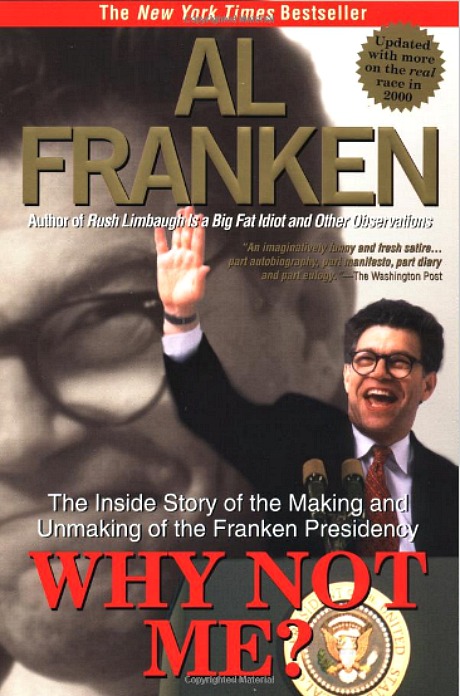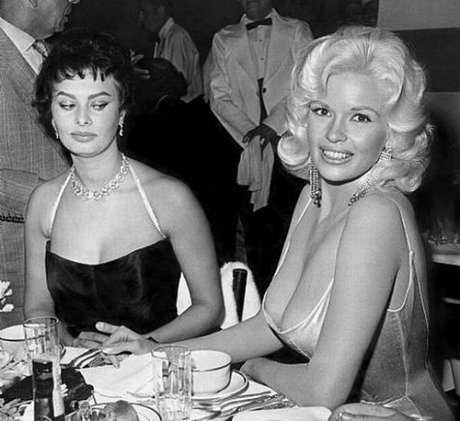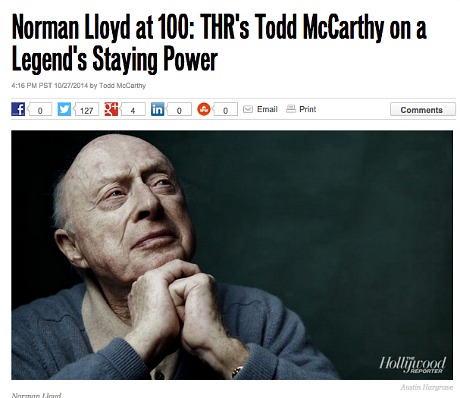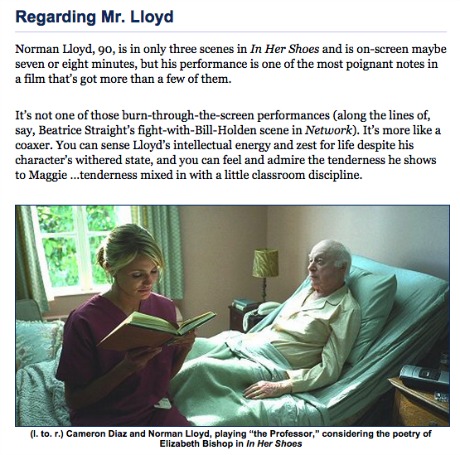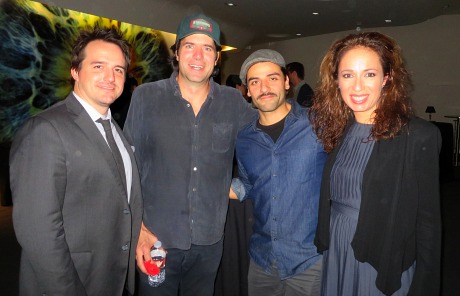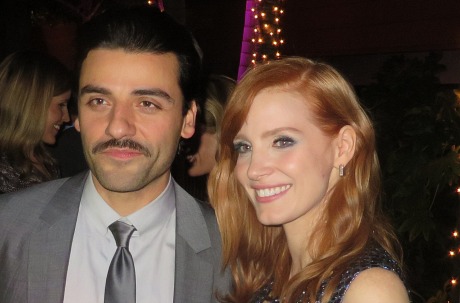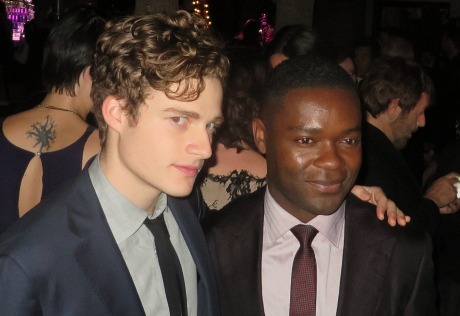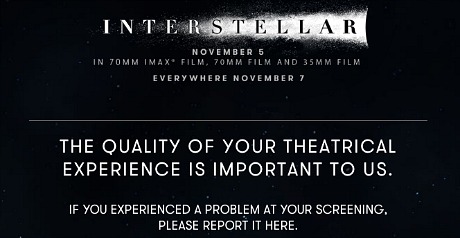A scrappy, seriously liberal Democrat has to run against Hillary Clinton in the 2016 primaries and put her feet to the fire. She can’t be allowed to just coast her way to the nomination by saying (a) “it’s time for a woman in the Oval office,” (b) “I’ve waited for years and now’s the time” and (c) “I’m a tougher, more McCain-like right-center Democrat than President Obama.” If Elizabeth Warren (my personal preference) won’t run against Hillary and if the electorate feels that Bernie Sanders is just a bit too old (if he was 20 years younger it would be a different story), Minnesota’s just re-elected Senator Al Franken would fill the bill and then some. He’s whip-smart, funny, ballsy (i.e., offers no equivocations at all about despising right-wing loons) and walks the walk. Yesterday’s Esquire‘s Charles Pierce put it thusly: “Given the choice between the coronation of Hillary Clinton and the suddenly desiccated range of options, it’s hard not to see a space for Franken to run. The fact that this would cause Bill O’Reilly‘s head to detonate in a gorgeous orange fireball is merely a bonus.”
